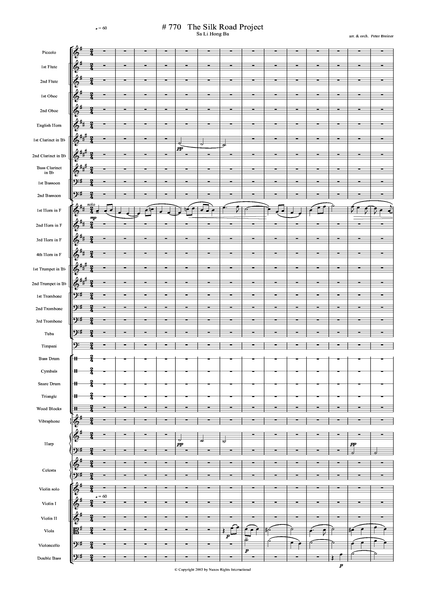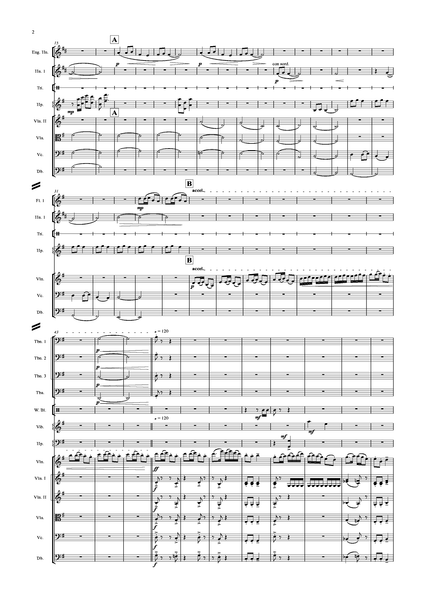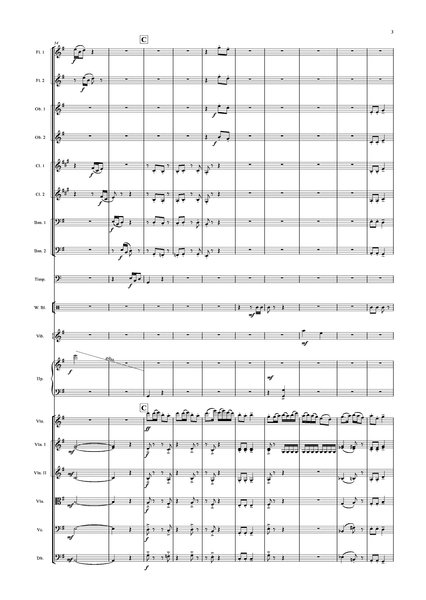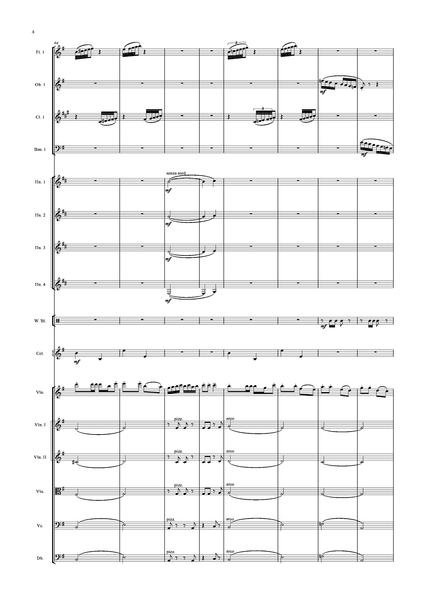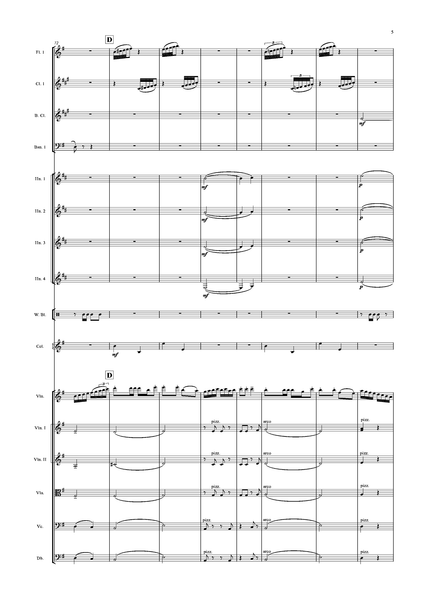Peter Breiner: Songs and Dances from the Silk Road: Sa Li Hong Ba (PB060)
Sheet music edition. Choose your format from the selection above.
20 pages
Duration: 4:30m
Instrumentation: 2+1, 2+1, 2+1, 2 - 4, 2, 3, 1 - timp - perc - hp - cel - violin solo - str
Songs and Dances of the Silk Road, a suite for solo violin and Western orchestra, is based on traditional melodies to be heard in the West of China, from where the famous Silk Road takes its course through Central Asia to the Occident. These themes are used by the Slovak-born composer Peter Breiner to form a suite that provides a further synthesis of East and West. Well known internationally for his many recordings, broadcasts, telecasts and concert appearances, Peter Breiner had his musical training at the Košice Conservatory and at the Academy of Performing Arts in Bratislava, where he was a composition pupil of Alexander Moyzes. In 1992 he settled in Canada, where he has continued his varied career as a composer, conductor and pianist. In his suite he draws on Chinese melodies to create an attractive and skilfully crafted addition to solo violin repertoire. A Beloved Rose, also known as Dao Da'er and Ma Liya, is a Kazakh folk-song, celebrating the rose as it comes into bloom. The Half Moon Climbs is an Uygur folk-song that became popular in the 1940s. When the half moon climbs up into the sky and shines onto the girl's dressing-table, the boy can no longer suppress his feelings towards her, and serenades her through her window. Spinning is a folk-song from Gansu province. The spinners rest their hope on the spinning-wheel, as they work day and night. Work All Out is a well-known work-song from Northwestern China, suggesting unity of purpose. Sa li hong ba is a folk-song, previously known as Where do the camel caravans come from?, but re-arranged during the 1940s and 1950s. This Uygur song depicts the merchants travelling from Xinjiang. The caravan approaches from the distance, before the main theme emerges, the solo violin leading the caravan forward in the vast surrounding desert. The song Lan Hua Hua is widely known in Shanxi and the North of China. In a village in Shanxi the beautiful Lan Hua Hua has been forced to marry a rich husband. She resents this kind of marriage, and meets her lover secretly, her sadness reflected in the music. Following Muslim custom, some women belonging to ethnic minorities in Xinjiang wear the veil. The Uygur folk-song Lift Your Veil celebrates a wedding. After lifting up the veil of his bride, the bridegroom sings in happiness, the music a reflection of the man's joy and the girl's modesty. Tulufan is based on Xinjiang folk-song themes, heard as grapes are harvested and lovers united.
Audio Sample






